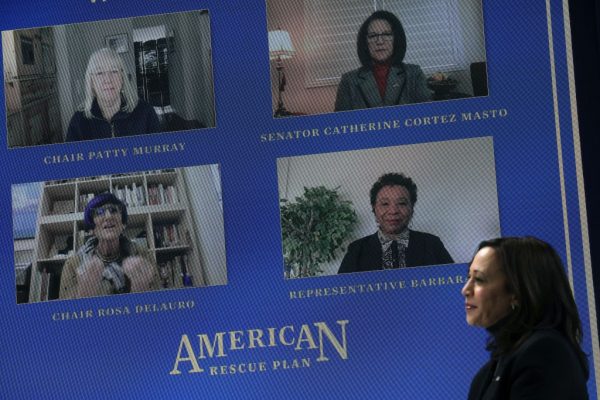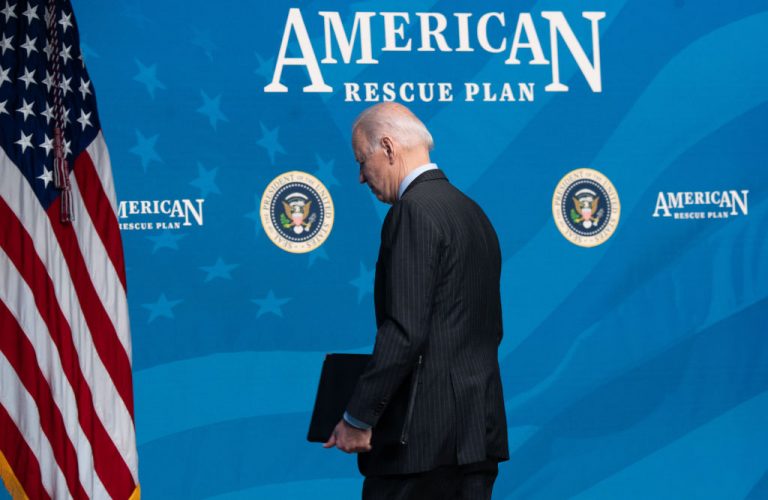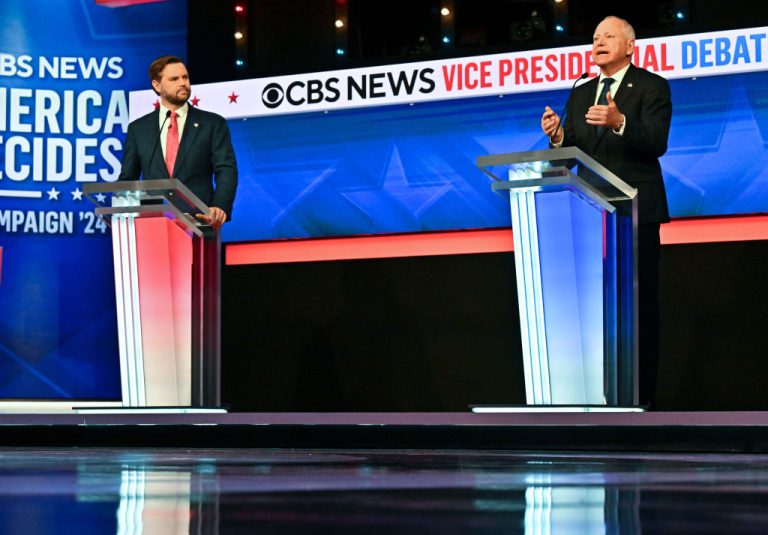House Republicans say Democrats have accepted only two out of 286 proposed amendments to the Biden Administration’s 591 pages $1.9 trillion SARS-CoV-2 novel coronavirus pandemic relief bill, the American Rescue Plan Act of 2021.
GOP leaders held a press conference on Wednesday, voicing their concerns over the direction of the bill and the allocation of its funds since only 6 percent is allotted toward public health.
The Republican leader of the House Budget Committee, Rep. Kevin Smith (R-MO) accused both the Congressional Branch and Executive Branch of deciding to “use a pandemic to push forward a progressive wish list; items to reward political allies, friends, and donors at the expense of the American working class.”
Smith questioned the bill’s ability to tackle the coronavirus, saying less than 9 percent of earmarked funds are for vaccine rollout and less than 5 percent of the $130 billion for schools will be allocated in 2021.
In a fact sheet sent by Republican Study Committee (RSC) Chairman Rep. Jim Banks (R-IN), members are concerned about items such as a $400 per week bonus to unemployment benefits, provision of stimulus checks to families where a parent is an illegal immigrant, $30 billion in grants to develop public transit in urban areas, $8 billion in aid to urban airports, and a $350 billion “bailout” to state and local governments.
Success
You are now signed up for our newsletter
Success
Check your email to complete sign up
The RSC was also concerned about funding being allocated to colleges and universities that have partnerships with Chinese Communist Party (CCP) Confucius Institutes and partnerships with companies that are “owned or controlled” by the CCP.
“If that’s not bad enough, Nancy Pelosi plugged in a $200 million earmark for an underground tunnel in San Francisco for Silicon Valley employees,” said Banks.
The project in question is a Bay Area Rapid Transit Phase 2 extension, according to Fox News.
In a March 2020 article by The Mercury Times, the project was described as “Trains will travel through the biggest subway tunnel ever built, large enough to fit a five-story building or a four-lane freeway, for nearly five miles through the heart of the city. When passengers arrive, they will step onto station platforms 100 feet below street level — so far down riders will have to be whisked to the surface in high-speed elevators.”
“We’re Silicon Valley, we can do things the rest of the world doesn’t do,” Rod Diridon Sr., a transit advocate who has a stop on the line named after him, told the Times.

In the Senate, Majority Leader Chuck Schumer (D-NY) accused Republicans of seeking to stall what he called “big, bold COVID relief” in a post on Twitter Wednesday.
Minority Leader Sen. Mitch McConnell (R-KY) said the bill does not address “the urgent needs of a re-opening America,” saying the opposing party started with “a preconceived liberal wish-list and worked backwards.”
On Jan. 30 President Biden met with Secretary of Treasury and former Federal Reserve Chairman Janet Yellen to discuss the stimulus package. At the time, Biden said the main motivation in pushing an additional $2 trillion in debt was because “Millions of people are out of work, unemployed. Future millions are held back for no good reason, other than our failure to act.”
In a Feb. 24 statement to reporters, Biden unilaterally rejected all concerns about the specifics of the bill when he said “My hope is that Republicans in Congress listen to their constituents. According to the polls, there is overwhelming bipartisan support.”
According to the U.S. Debt Clock website, the federal debt stands at just shy of $28 trillion, or approximately $84,670 per citizen. The national debt has risen by approximately 25 percent since last year when the pandemic, and economic costs resulting from lockdown measures, began.
Follow us on Twitter or subscribe to our email list







